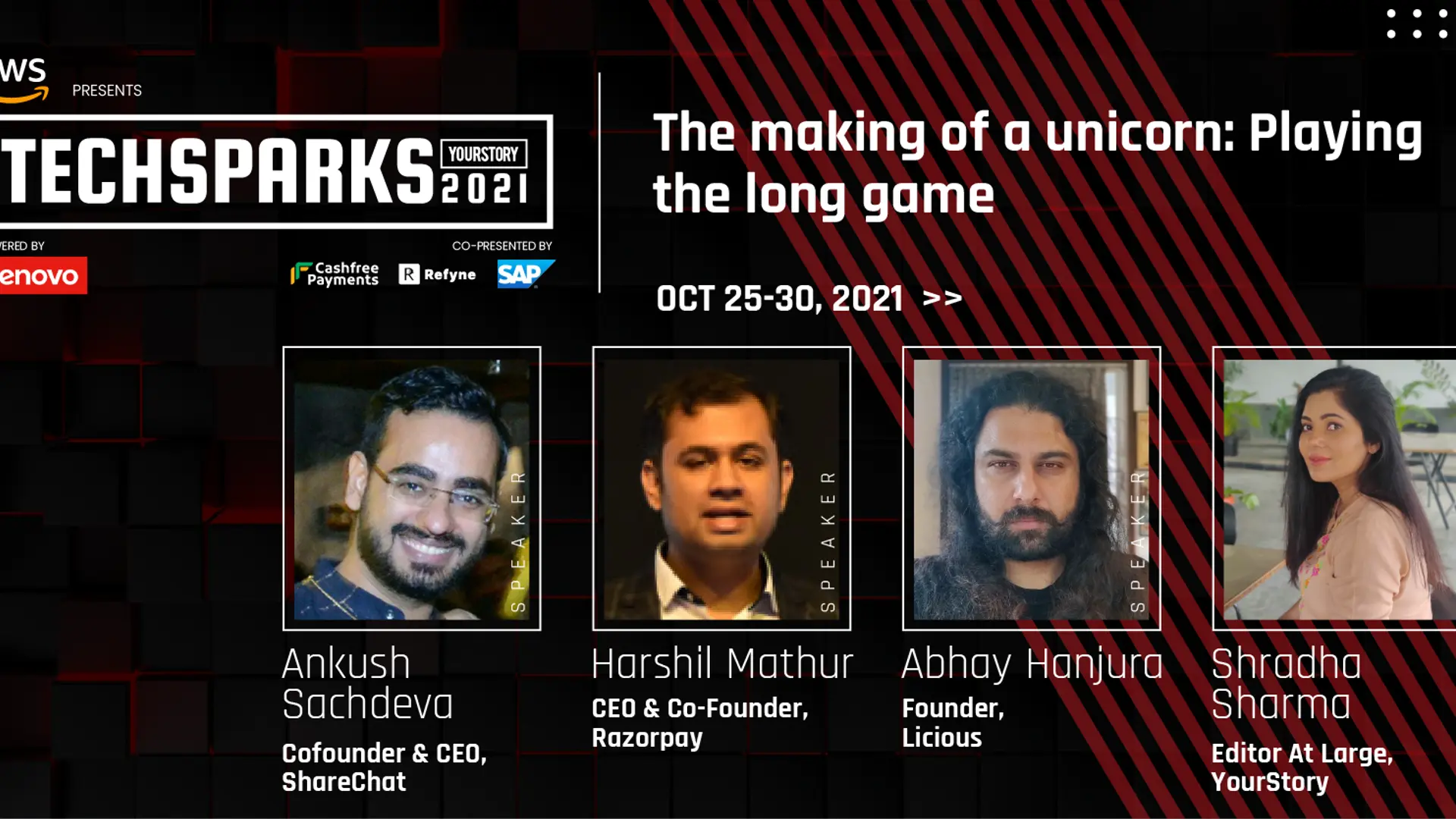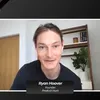Razorpay, ShareChat, and Licious founders on what it takes to evolve into unicorn founders
At the Grand Finale of TechSparks 2021, unicorn founders and CEOs; Razorpay's Harshil Mathur; ShareChat's Ankush Sachdeva, and Licious' Abhay Hanjura spoke on what it would take to play the long game as unicorns.
A founder’s journey sees evolution and growth, both personally and professionally, and that of unicorn founders is bound to be a notch higher.
In a virtual round table on the Grand Finale of the 12th edition of TechSparks 2021, Harshil Mathur, Co-founder and CEO, Razorpay, Ankush Sachdeva, Co-founder and CEO, ShareChat, and Abhay Hanjura, Co-founder, Licious, spoke about their respective evolution journeys with Shradha Sharma, Founder and CEO of YourStory.
Productive paranoia
“For me it starts with having a completely polar opposite co-founder. He keeps me in check, and holds the mirror. In your journey as an entrepreneur the productive paranoia takes you a long way," said Abhay of Licious. "There is a fine line between getting paranoid to the level of causing chaos in the organisation. To be productively paranoid, where you feel some level of imposter syndrome, everyday without letting the world know,” he added.
Abhay also added that building a brand comes with a certain responsibility, and that he rarely stepped out without wearing the Licious logo. "It means an enormous amount of trust and faith," he pointed.
“Three years back it was I am Abhay, and he is Vivek, and we are building Licious. Today, it is the other way around. It is Licious building us. That reality has dawned upon us, and when that happens you realise your role in the context of what you started off, and now co-creating is simply different,” added Abhay.
Once that happens, you must ask yourself - Am I good enough? It really starts from there. It also is about what is your role in the organisation.
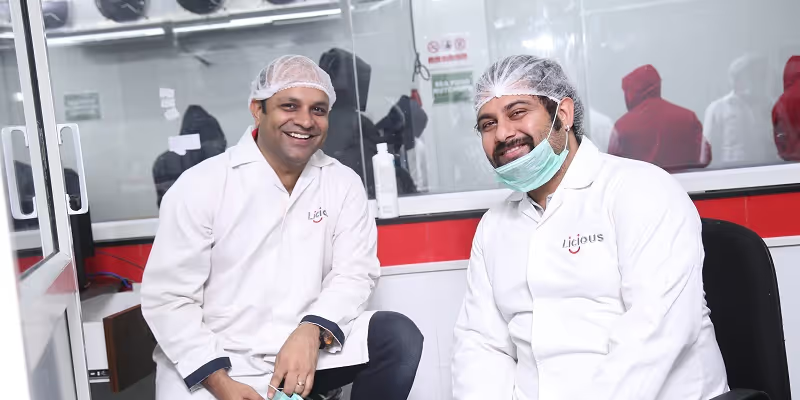
L-R - Vivek Gupta and Abhay Hanjura, Co-founders, Licious
The ability to take feedback
“The role evolves a lot as the organisation grows, I was a coder. I have zero experience at working at a job, I come with seven months of experience, and we had started Razorpay right out of college. There was no experience of managing people, businesses, fundraising and all of that. The organisation and the journey teaches you a lot and there is a lot of opportunity to learn,” said Harshil.
One of the things that people learn is when people inside the organisation give them feedback, their manager gives them feedback, and peers give feedback. But the challenge as a founder is that nobody gives you feedback, and by default even if you ask them for feedback, people would say - can you solve this problem in this department?
“And people aren't trained to think that way. People think as a founder all that you are doing is great and I have feedback only for my juniors," said Harshil.
"But everytime you need to build that comfort level with your leadership that they give you feedback on what you could do better, what you could do differently? And now my leadership team gives me feedback, and that becomes a great way for me to evolve as it puts out to me what are my pitfalls, and what is expected of me at this scale,” Harshil added.
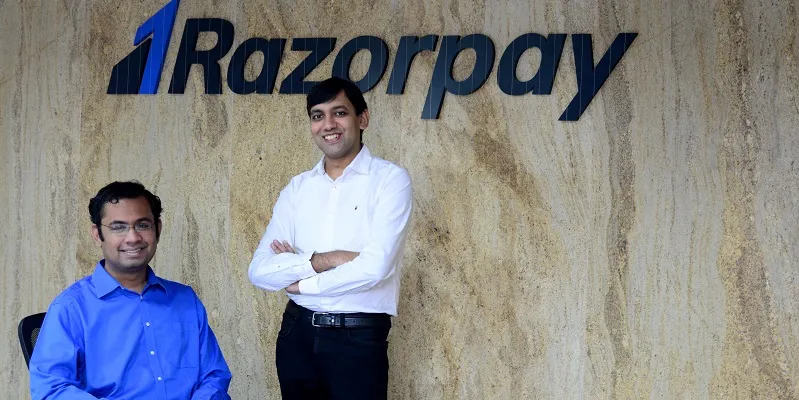
Razorpay Founders (L-R), Harshil Mathur and Shashank Kumar
Being a good leader at different levels
ShareChat's Ankush pointed that every year you enter a new orbit in the company, and something has changed, and it becomes important for the founder to change.
“And the simple question I ask is what is the high impact thing I can do and what is my highest impact? If you can honestly answer that for yourself, you will eventually get to the right levers,” said Ankush.
When you are a three member founding team, you are 30 to 50 percent of the entire coding strength of the entire company, you have to code, ship products and get the product-market fit (PMF).
“When you are a 1000-odd member team, the answer isn't coding. If you code, nothing will move in the company, and therefore I go the biggest lever I have today is the organisation. How can I get the best people in the company, and how can I ensure that the systems are so good and merit driven in the company that great people at all levels feel empowered and rise up in the organisation. If I can enable that, it is my highest impact lever in the company,” Ankush added.
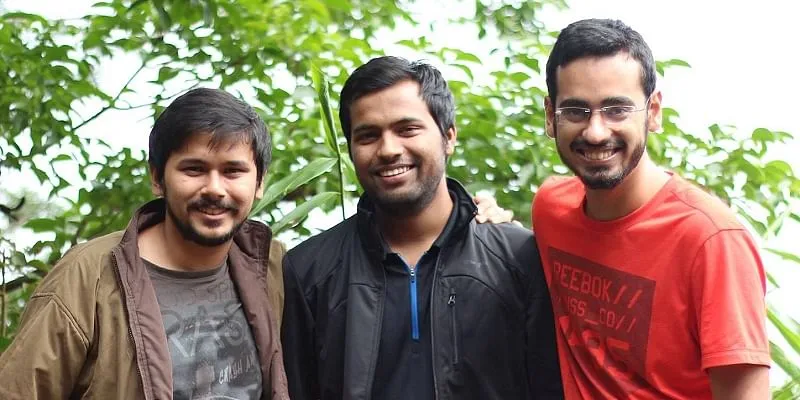
L-R Farid Ahsan, Bhanu Pratap Singh, Ankush SAchdeva, Founders of ShareChat
Leveraging different things at different times
But what are the different approaches to scale? Is it data, environment, or gut?
If you ask the trio on the panel, there is no one answer. In different situations you leverage different things, and if there is something very obvious in your data then you should use it.
“We happen to be the only social media company out of India, so there is a very strong data signal, you just want to bet on it and scale it. Those are the easier bets," said Ankush.
"Sometimes there are a lot of unknown things in the industry, you want to know how the industry is shaping, and that requires a lot of consultation and talking to industry experts. That is where the consultants play an important role, where they can predict what is going to happen in the market basis China and US,” added Ankush.
However, when you are in a comfortable position as a company and if you are an ambitious company you have some instinct of what the future is going to look like, it is your gut, and wisdom of running a business in the segment for so long and you really want to take that bet.
“That is the 10x bet you will be taking, but you need to be in a very comfortable position. These are exciting times, as you are in such unknown territories doing something for the first time in the world, thinking what you can change and do better. It is almost like starting a new company again,” added Anksuh.
Clearly, it isn't one size that fits all. All three-data,environment,and gut-are needed in a different form. Typically, iterative innovation happens through data, you launch something out in the market and customers give you signals and you launch things and features.
“But big bets - that is hard to do through data, that is where the founder’s gut comes in. Like Henry Ford said, if you keep asking people what you need they will keep asking for faster horses, and the car would never have been invented,” added Harshil.
Coded into the organisation's DNA
There are some things coded into you as the DNA of an organisation. And some things that aren’t.
“We think of it as a fundamental part of what we do at Licious. We always say we will not sell what we won't feed to our family and children, unfortunately, in the category we operate in, innovation means adulteration. How do you add nitrates etc to keep the product for longer?,” added Abhay.
“For us the source of innovation is the consumer, our listening process. Because we happen to be the only food brand in the country that gets such data, we have an unfair advantage. It also is about how you listen,” said Abhay.
As you grow bigger, there is this organisational inertia of wanting to do new things, because we are worried that there is a big brand at stake. If this doesn’t go our way, what will happen? Our brand will suffer, Abhay added further.
So you need to take that fear of failure away from the organisation’s culture. If people with size start thinking like dinosaurs, they will only move at that speed. So you need to teach them to fly as they become bigger birds and versions, Abhay advised.
Abhay concluded that to empower the organisation, you need to create an environment where the mission really comes alive in the organisation otherwise people will be focussed on Total Addressable Market (TAM), and nobody will move ahead. "Sometimes, magically, insights can come from anywhere and they can lead to a new world that is meaningful for the consumer,” Abhay added.
Edited by Rajiv Bhuva


